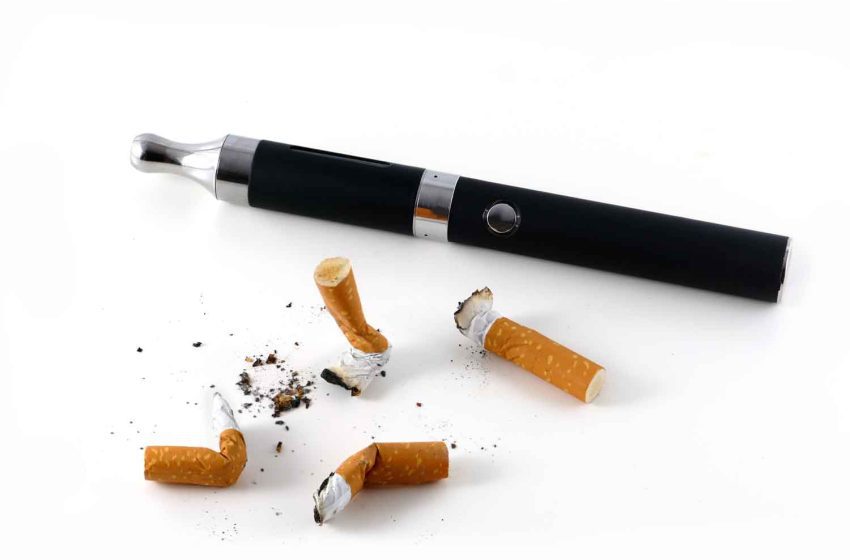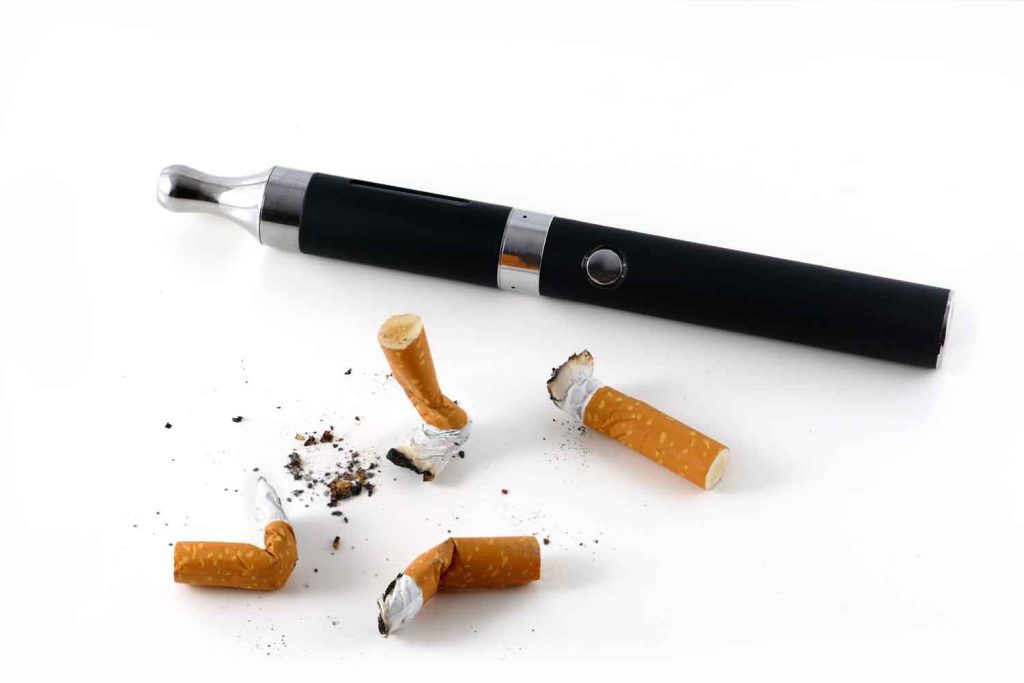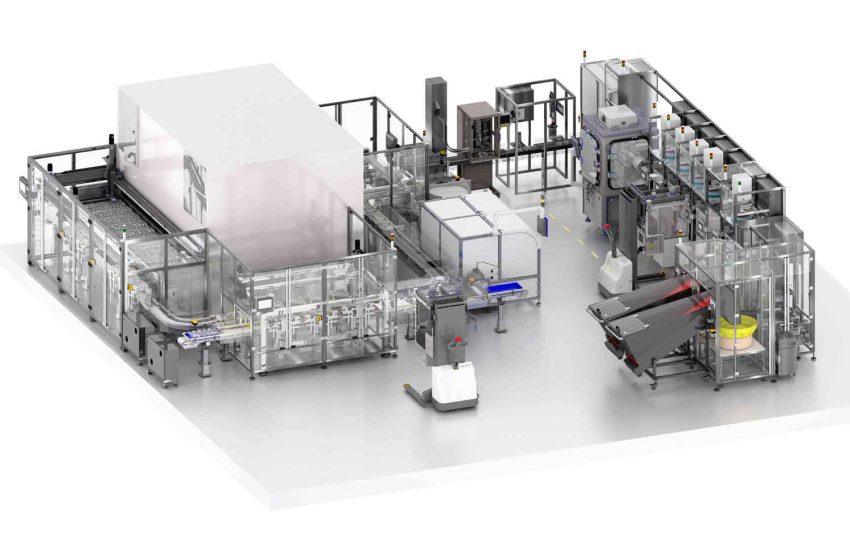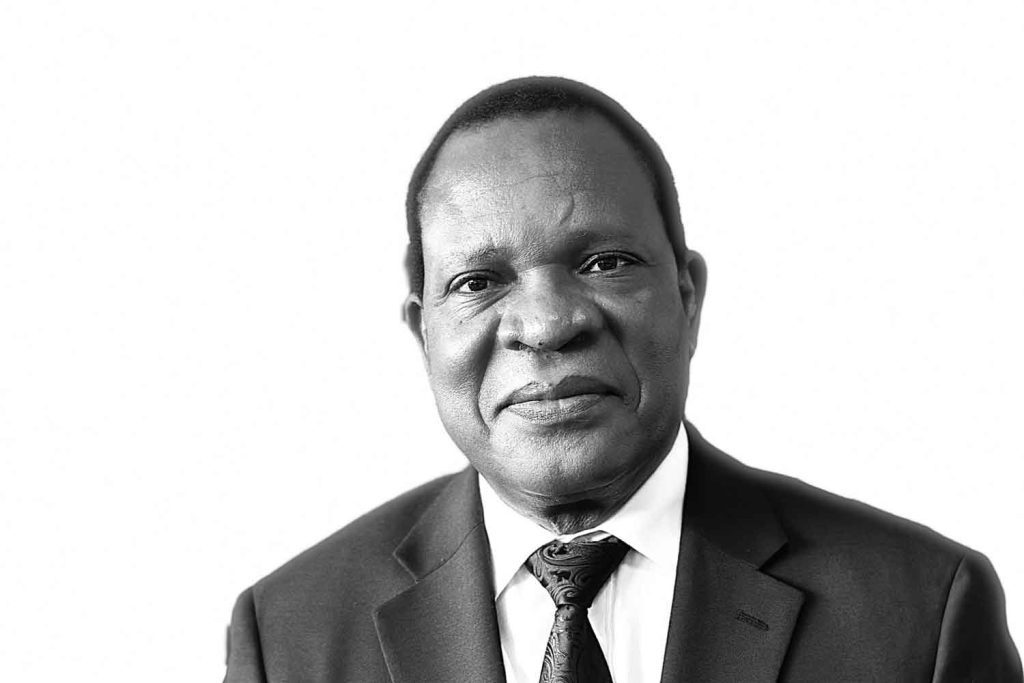
Zimbabwean farmers will start planting next year’s tobacco crop starting early next month, reports The Herald.
Both irrigated and dryland tobacco farmers are preparing to transplant their seedlings from the seedbeds to the field.
The irrigation tobacco is set to begin transplanting Sept. 1, while the rain-fed crop will be transplanted mid-October.
“Preparations to plant irrigation tobacco are now at an advanced stage and farmers have enough equipment and water to ensure the success of the crop, said Tobacco Farmers Union Trust President Victor Mariranyika, who urged farmers to expand their hectarage.
Zimbabwean tobacco farmers sold 295 million kg for $895million this marketing season, compared to 206 million kg for $630 million last year.
The government aims to create a $5 billion tobacco industry by 2025 through its Tobacco Value Chain Transformation Plan, which calls for more leaf production, greater value addition and localized funding, among other objectives.




















